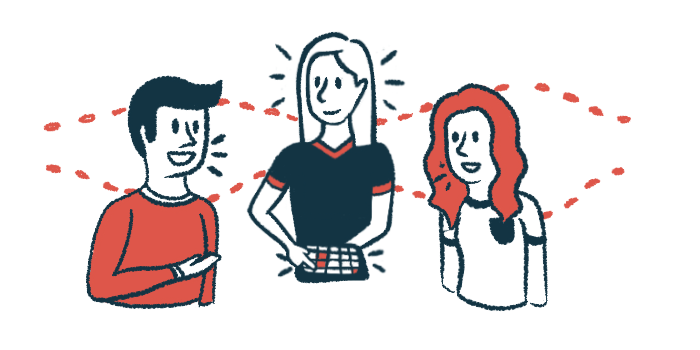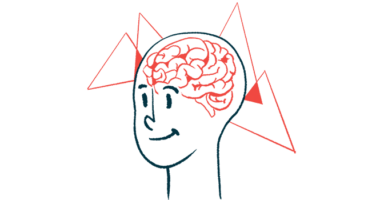University of Illinois recorded voice project recruiting ALS patients
Effort to better train, broaden range of assistive speech devices used by patients

An initiative at a University of Illinois campus that aims to improve voice recognition software for people with speech difficulties is recruiting adults in the U.S. and Puerto Rico living with amyotrophic lateral sclerosis (ALS).
Known as the Speech Accessibility Project, it is led by the Urbana-Champaign school’s Beckman Institute for Advanced Science Technology and takes steps to secure and safeguard participants’ identifying information. Voice recordings from people with other neurological conditions, such as Parkinson’s disease, Down syndrome, stroke or aphasia, and cerebral palsy, are also being collected or sought.
The project ultimately seeks to use the recordings to train voice recognition technologies to better understand people with a broad range of speech patterns and disabilities, including the speech difficulties (known as dysarthria) that accompany living with ALS.
Speech, known to be affected by ALS, can be helped by voice technologies
Supported by Amazon, Apple, Meta, Google, and Microsoft, the project has shared more than 100,000 speech samples with these companies to date. It plans to make data available to nonprofits and companies that also commit to safeguarding participants’ private information.
“Just like human listeners, AI [artificial intelligence] listeners do better when they have some experience with the type of speech they’re listening to,” Mark Hasegawa-Johnson, the project’s leader and a University of Illinois Urbana-Champaign professor of electrical and computer engineering, said in a Beckman Institute news article.
Leveraging voice recognition technology can potentially change lives, he said.
“Stephen Hawking, the physicist, continued his research for decades after he became nonvocal by using an automatic speech synthesizer to communicate on his behalf. Many people with ALS now follow Hawking’s lead … so that they will be able to communicate with loved ones even when their voices become less intelligible,” Hasegawa-Johnson added.
Dysarthria can result in difficulty articulating, slow and slurred speech, and a nasal, breathy, or hoarse voice. ALS patients also frequently feel tired after speaking, and can find voice projection challenging.
In the disease’s later stages, many depend on augmented alternative communication or speech-generating equipment to speak.
Team Gleason assisting with Speech Accessibility Project
“The Speech Accessibility Project seeks to make it possible for people with ALS to communicate using their own voices as long as possible by training automatic speech recognizers to understand voices that have reduced intelligibility because of advancing symptoms of ALS,” Hasegawa-Johnson said.
Team Gleason, which provides ALS patients with a variety of assistive technology and other support services, shares the project’s goal of expanding the usefulness of speech recognition tools.
“Technology has the ability to overcome communication barriers and increase independence,” said Blair Casey, the group’s executive director. “Team Gleason is proud to help accelerate this effort for people living with ALS and anyone else with speech differences. Team Gleason’s involvement in the Speech Accessibility Project will positively impact millions of people globally whose speech may be challenging for others to understand.”
People with ALS and caregivers who participate in the project will be compensated for their time with up to $180 in Amazon eCodes. Awards will be given in three increments: $60 after recording 200 samples, another $60 following the 400th recording, and a final $60 installment after recording 600 samples, the university reports.
Due to state privacy laws, people in Illinois, Texas, and Washington currently cannot take part in the project.







